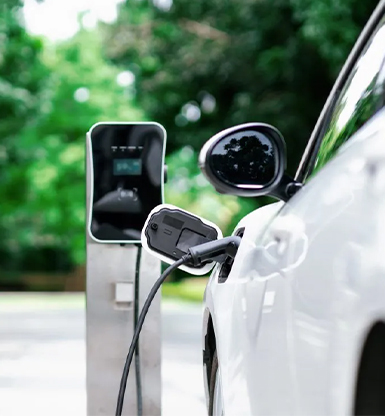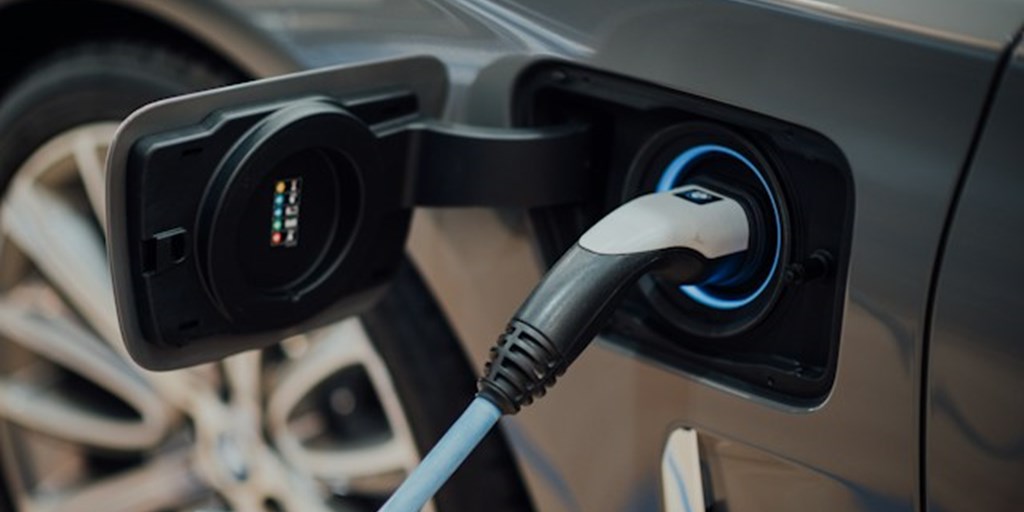The Future of Electric Vehicles and Why You Should Buy EV Charging news Now
The Future of Electric Vehicles and Why You Should Buy EV Charging news Now
Blog Article
New Advancement in EV Charging: Exactly How the Industry Is EVolving to Satisfy Demand
As the electric lorry (EV) market proceeds to broaden, the billing facilities is undertaking considerable makeovers to deal with the surging demand. The implications of these advancements elevate vital inquiries concerning the future of EV charging and its function in the more comprehensive energy environment.
Growth of Charging Framework
The fast development of electric vehicle (EV) billing framework is an important component in facilitating the prevalent fostering of electric movement. As governments, exclusive companies, and customers increasingly identify the significance of lowering carbon discharges, financial investments accountable networks have actually surged. This facilities growth is necessary to relieve variety stress and anxiety, ensuring that EV users have convenient accessibility to charging stations.
Considerable advancements in charging station technology and deployment strategies have arised. Urban locations are seeing a proliferation of public charging stations, while country regions are gradually being integrated into the charging network. Partnerships in between vehicle suppliers and charging carriers are becoming a lot more common, promoting the establishment of detailed networks that enhance individual experience and accessibility.
In addition, the integration of renewable energy resources into charging terminals is acquiring momentum, promoting sustainability in the EV environment. This change not just sustains ecological objectives however also straightens with the rising need for eco-friendly energy solutions amongst customers.
Ultra-Fast Charging Technologies
Ultra-fast billing technologies represent a substantial jump forward in the EV charging landscape, making it possible for electrical automobiles to reenergize in a portion of the moment compared to traditional billing methods. These innovations usually provide power levels surpassing 150 kW, with some systems getting to up to 350 kW or more, substantially reducing billing times to just 15-30 mins for a significant fee.
Key making it possible for innovations include developments in battery chemistry, power electronic devices, and thermal management systems. For instance, high-capacity batteries with enhanced thermal stability allow for faster billing without overheating. Additionally, advancements in billing facilities, such as liquid-cooled cable televisions and modular billing stations, help with efficient power transfer, enhancing the general user experience
Significant auto manufacturers and technology companies are proactively spending in ultra-fast billing networks, identifying the vital function they play in getting over variety stress and anxiety and speeding up the adoption of electric vehicles. As these innovations become more widely available, the EV market is expected to witness significant development, making electrical flexibility an extra eye-catching alternative for customers. Generally, ultra-fast charging technologies are pivotal in shaping the future of lasting transport, leading the way for an extra efficient and considerable billing environment.
Smart Grid Combination

With demand reaction techniques, wise grid systems can change charging schedules based on grid problems and power rates. As an example, throughout durations of high demand, charging can be delayed to off-peak hours, resulting in reduced prices for customers and minimized stress on the grid. Furthermore, vehicle-to-grid (V2G) innovations enable EVs to discharge power back into the grid, boosting and supplying supplementary services grid security.
Combination with renewable power sources further enhances the sustainability of EV charging. By aligning billing activities with durations of high solar or wind generation, smart grids advertise a greener billing framework. Inevitably, smart grid assimilation not only sustains the growing need for EVs but additionally adds to a much more sustainable and resistant energy future, placing the market for long-term success.
Battery Advancements
Amidst the quick evolution of electrical vehicles (EVs), battery technologies stand at the forefront, driving innovations in effectiveness, sustainability, and performance. As the need for EVs rises, researchers and makers are concentrating on boosting battery technologies to address obstacles such as range anxiousness and charging times.
Lithium-ion batteries remain the most commonly utilized modern technology, yet brand-new materials and chemistries are emerging to improve energy density and longevity. Solid-state batteries, for example, guarantee higher energy storage capacity and improved safety by changing fluid electrolytes with strong ones. This change can significantly decrease the risk of fire and enhance the life expectancy of batteries.
Moreover, improvements in battery reusing processes are important for sustainability. Business are establishing methods to recover valuable products like lithium, cobalt, and nickel from made use of batteries, advertising a circular economy and reducing ecological effect.

Global Charging Criteria

Efforts are underway to establish worldwide billing criteria that promote compatibility among various EV designs and charging terminals. Organizations such as the International Electrotechnical Payment (IEC) and the Culture of Automotive Engineers (SAE) are functioning collaboratively with auto manufacturers and energy companies to develop thorough standards. EV Charging news. These criteria purpose to streamline the charging process, reduce the need for several adapters, and improve individual experience
Additionally, standardization can substantially strengthen the development of the billing network, as it urges financial investment by Extra resources making framework advancement a lot more effective and predictable. As the EV market develops, a unified method to billing requirements will be important for guaranteeing that consumers can charge their lorries comfortably and accurately, consequently supporting the broader transition to lasting transport.
Final Thought
The electric vehicle billing market is undergoing significant makeover to attend to the surging demand for lasting transport. Improvements accountable infrastructure, ultra-fast modern technologies, wise grid combination, and innovative battery remedies are critical in improving user experience and functional effectiveness. The pursuit of international charging criteria is vital for ensuring interoperability throughout different areas and systems. Jointly, these advancements place the market to sustain a broader fostering of electric automobiles, ultimately adding to a much more lasting future.
Urban locations are seeing a spreading of public charging stations, while rural regions are progressively being incorporated into the charging network. Additionally, advancements in billing framework, such as liquid-cooled cables and modular charging stations, assist in reliable power transfer, boosting the total user experience.
In general, ultra-fast charging technologies are pivotal in shaping the future of sustainable transportation, paving the method for a much more considerable and reliable billing ecosystem. - EV Charging news
By aligning his response charging activities with periods of high solar or wind generation, smart grids promote a greener charging infrastructure.Efforts are underway to develop international billing criteria that assist in compatibility amongst different EV designs and charging stations.
Report this page